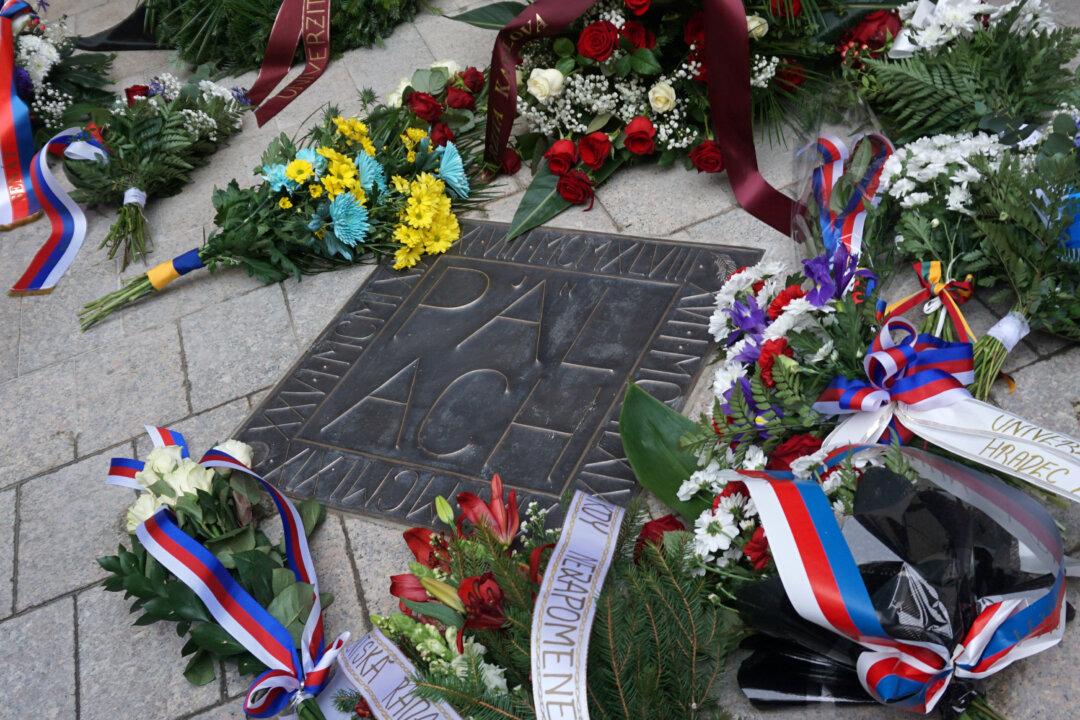PRAGUE—Czechs marked the 50th anniversary of student Jan Palach setting himself on fire in central Prague on Jan. 16. The self-immolation was a desperate act aimed at lifting the apathy hanging over the country in the wake of the Soviet invasion that crushed the Prague Spring of 1968.
Having seen a period of reforms to Czechoslovakia’s Communist system snuffed out by the invasion five months earlier, and the widespread public demoralization that followed, the 20-year-old Palach decided to take action.





